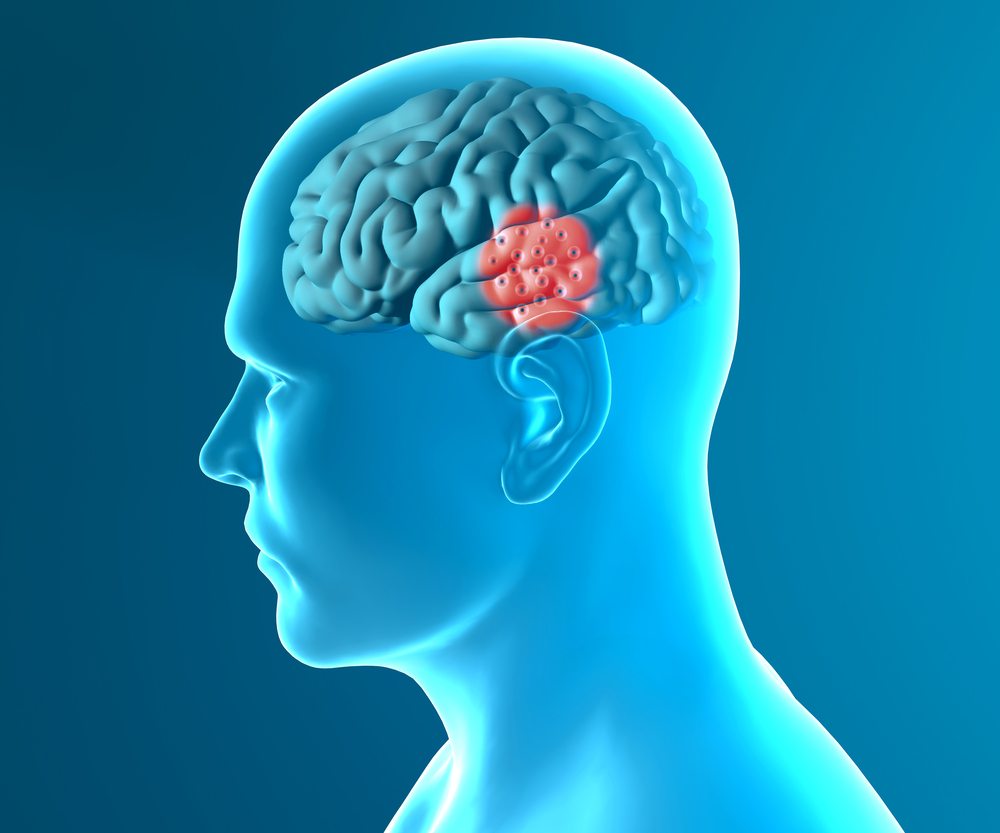MDMA, (3,4-methylenedioxy-N-methylamphetamine) commonly known as Ecstasy, is considered by many to be a non habit-forming drug. Unfortunately, nothing could be further from the truth. Regular use of Ecstasy forces the mind and body to adjust to it, and before long your system adapts to a new homeostasis. When this homeostasis is disturbed, cravings occur. Withdrawal Read More…







